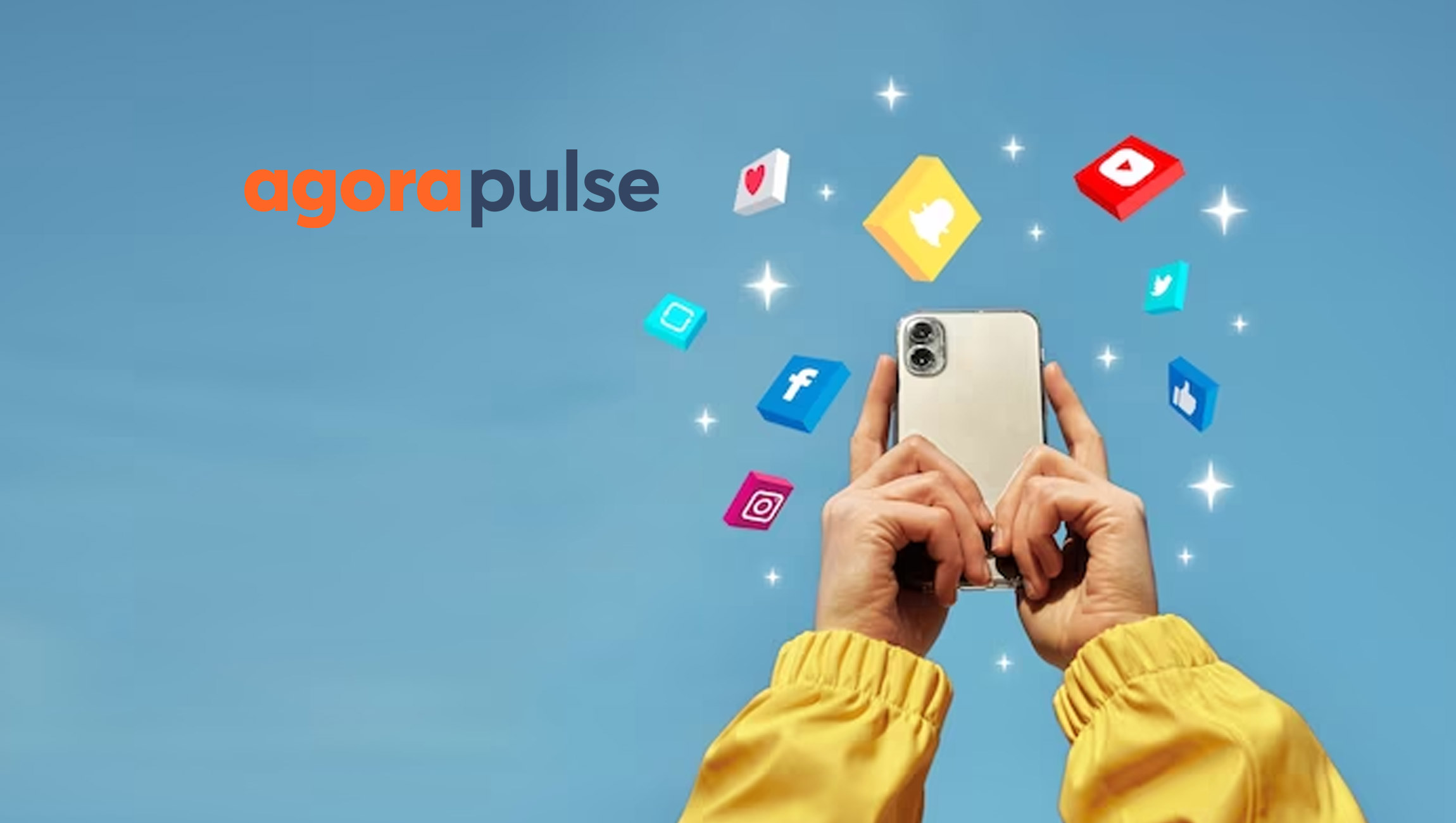Shachar Orren, CMO and Co-Founder of EX.CO comments on some of the latest content marketing and content monetization trends impacting the digital marketplace in this short Q&A:
______________
Tell us about your journey through the years in the B2B market and more about the story behind EX.CO
EX.CO is a video platform for publishers. We’ve been around for 11 years now, and have been building technology to help publishers grow their business since day one. It started with a platform for interactive content experiences powering publishers to engage their online audiences, and a few years in, we realized that video is the format most readers prefer to engage with, and can also yield the highest revenue.
The world of video content is changing so quickly, with TikTok and Instagram and AI, and the programmatic advertising ecosystem is also getting more and more complex. Our mission was always to be a true partner to the companies whose role is to enrich the world with news coverage and great storytelling and let them focus on the things that matter most, while making sure they can expand their earnings and do that without compromising the digital experience they offer to audiences. We’re proud to be working with some of the leading media groups globally, and to be their number one revenue line item.
As a seasoned digital storyteller: what would you say are the five fundamentals that need to shape every B2B marketing storyteller’s plan?
The five key components in crafting any marketing plan are knowing who your audience is, understanding the market you operate in, defining the budget that you’re going to need (and are able to spend) to tell your story, clearly stating the value that you’re delivering to the audience and how it’s differentiated within the market, and most importantly – being prepared to change all of the above at any given moment. If there’s one thing I’ve learned being a marketer in the B2B tech industry – and specifically in media – is that you always need to plan to change your plan.
If you know your audience, market, and value proposition well enough, you’re never caught unprepared. Being realistic about your spending power is something every marketer must get better at in 2023 and onward. Marketers are being asked to justify their cost more and more, and that is not going to change even when we bounce back from the economic downturn.
Can you highlight more on the recent impact of AI across content monetization and content automation: what key trends do you foresee impacting this space in the near future?
AI has a huge part in many aspects of the media industry, from personalized advertising and targeting to real-time adjustments in the programmatic auction based on sophisticated predictions, to ad fraud detection and brand safety. One of the key ways our market looks at the potential of AI is as a way to create efficiency by scaling manual processes related to anything from reducing the time journalists spend on research or administrative tasks and translations, to the generation of video content. As part of these efforts – we acquired a company in 2022 that launched an AI-based recommendation engine which is now built into our video platform to help publishers automatically match the most relevant video to the content on their page, saving hours of manual work for their editors, and significantly improving page dwell time and yield.
Regarding the content itself, our product and development teams are constantly exploring new solutions on how AI can help publishers automate their video creation process to help them achieve the goal of having high-quality video on every page of their site, without the steep cost and burden of video production – which can only be done in small quantities and thus, will continue to be a more premium and less scalable option.
Our goal is to support and advance AI developments in media that enhance journalism, and not ones that aim to replace it, or that take advantage of publishers’ content without the proper attribution in place, which are some of the negative AI-related trends concerning the media industry.
Marketing Technology News: MarTech Interview with Kala Halbert, Director of Marketing, Prophia
What are some of the most common mistakes you see brand marketers make when trying to use AI systems to power their online engagement and content strategies?
Lack of authenticity is the most common mistake that is becoming more and more easy to spot. AI-generated copy has become so popular that it is getting easier to identify the robotic phrases and words that no human would think to use even though they exist in the English dictionary. Having a unique, authentic voice is a key to creating engagement even in the B2B space, and imperfection is actually more likely to generate a response. As generative AI tools get more sophisticated, we must remember that people will also get smarter about spotting the content they produce.
Take us through some of the most impactful ways in which you’ve seen leading global brands use AI to drive these initiatives (best practices and key learnings)?
Some of the most fun and engaging uses of AI in marketing that I’ve seen recently have been in the food and beverage industry. Heinz asking the Dall-E 2 generator to “draw ketchup” and getting visuals that very much resemble their iconic brand; Kit-Kat mocking what would happen if their creative brains “had a break” and let AI create their ads for them; and Allplants plant-based meals asking AI to reimagine what fast food ads from the 1950s would look like today, stating that “times have changed.” But once the novelty and gimmick of AI wear off, and mocking it will be irrelevant, the more interesting use cases will be ones by brands truly harnessing AI to solve real issues. A great example is Asics’ initiative to train AI for a more diverse representation of a healthy body, by inviting their audience to post their own healthy exercise images online to help AI learn and change the perception of what people who work out look like.
If you had to share five thoughts about the state of martech and AI in martech in the next decade, what would it be?
My immediate first thought was that in 10 years (or much less) I would probably use a very advanced version of ChatGPT to answer questions like this for me! (The current version gave a very unimaginative and disappointing answer, if you’re wondering). My hope is that AI in martech will evolve to be less about replacing human copywriting skills, and more about helping marketers paint a clearer path to ROI on their work. AI’s ability to analyze language and data, create automations, and drive predictions at a large scale can help put clearer results on the less measurable and data-driven sides of marketing.
Marketing Technology News: Navigating Privacy And Data Challenges: A Blueprint For Success
EX.CO, is a leading publisher video platform empowering publishers like Hearst, Nasdaq, TIME, Sports Illustrated and VICE to own their video strategies for maximum yield.
Shachar Orren is Co-Founder and Chief Marketing Officer at EX.CO, Shachar leads an international team of sales and marketing experts and is responsible for driving meaningful business growth. Prior to joining EX.CO in 2013, Shachar spent nearly 10 years as a professional journalist and was senior editor at two of Israel’s largest daily newspapers. She has received industry-wide recognition for her work as a female entrepreneur through awards from AdMonsters and AdExchanger.
Missed The Latest Episode of The SalesStar Podcast? Have a quick listen here!
Episode 180: Visual Storytelling Best Practices with Andrew Fingerman, CEO of PhotoShelter
Episode 179: The Impact of Al in Sales and Marketing with Ketan Karkhanis, EVP & GM, Sales Cloud, Salesforce
Episode 178: RevOps and Revenue Generation Best Practices with Derrick Herbst, Director-Business Transformation at Conga












